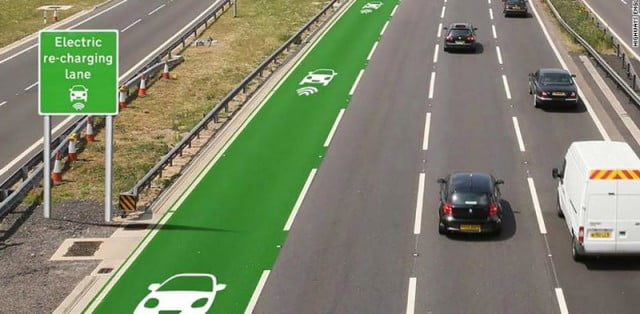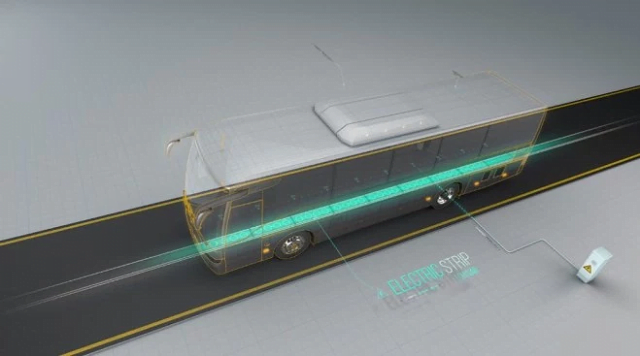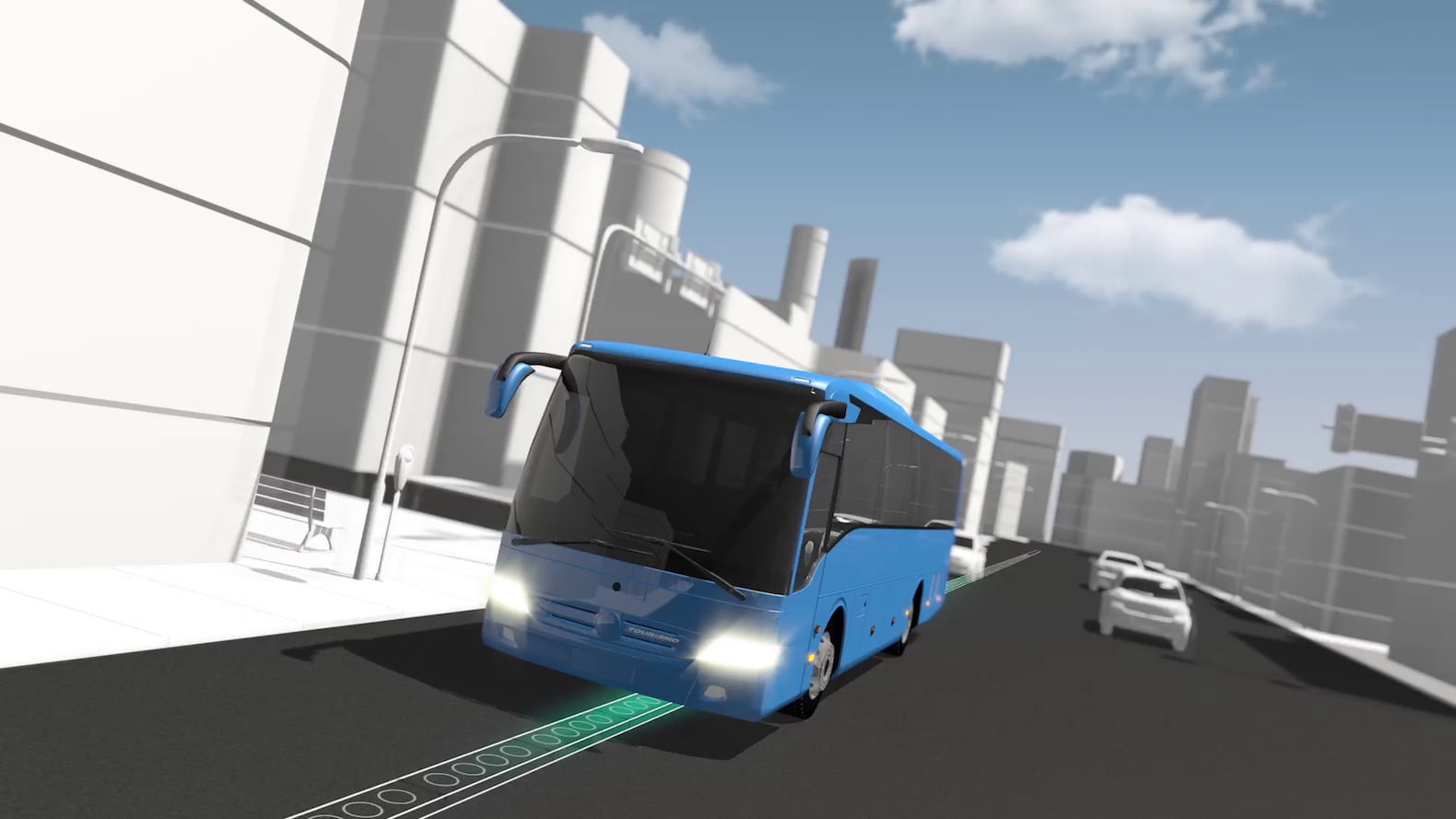We’ve all heard of electric cars, but how about electric roads?
While driving an electric car has many advantages; it’s 100 percent emission-free so it promotes clean air and costs less than fueling a regular car, the need to charge it often is a major drawback. Most fully electric cars on the market today offer a range of 75 to 100 miles, which is fine for most typical driving situations, but does not allow for longer trips.
Rather than simply attempting to solve this problem with larger, heavier batteries or by adding more charging stations, Israeli startup ElectRoad is taking a novel approach by creating special roads that charge your car while you drive over them.
SEE ALSO: StoreDot, Which Charges Smartphone Battery In 30 Seconds, Will Soon Charge Cars In 5 Minutes!
ElectRoad: Let the road charge your car
Using specialized electromagnetic induction technology, the same basic principle behind wirelessly powering smartphones, ElectRoad powers electric cars with renewable energy while you drive. By supplying electricity to the car wirelessly from the road, ElectRoad removes the energy source from the vehicle, reduces the cost and weight of the car, and eliminates concerns about driving distances of battery-operated vehicles.
How does it work? Electric cars fitted with the company’s technology have contacts fitted onto their undercarriage that receive electricity when driving over the smart road. The smart road is designed to give the vehicles enough energy to power them, as well as to charge their batteries.
First priority: Buses
ElectRoad is initially targeting the public transit market. According to the company, a bus will be able to travel for up to 5 kilometers (3 miles) on a regular road after being charged on the electric road. In many European city centers, buses use special lanes. These lanes could then be fitted with ElectRoad’s technology to become smart electrical charging langes for electric public transportation vehicles.
Sign up for our free weekly newsletter
Subscribe“The electricity will come from renewable energy transferred to the road,” Electroad’s CEO Oren Ezer told Inhabitat in an interview. “This is a really sustainable solution. A battery for an electric bus can cost $300,000 and weigh 5 tons. If you remove the battery then the bus is much lighter and requires less energy. This technology is cost saving. If you compare it to diesel buses, it’s half the price. If you just start with public transportation it will save money and then you can open it up to taxis and trams. Payback is very fast.”
Testing in Tel Aviv
Founded in 2013 with the goal of reducing global emissions and offering a more cost-effective, efficient and cleaner way to travel, ElectRoad initially plans to target highly trafficked routes in dense city centers and on university campuses.
In May, ElectRoad announced it was partnering with the city of Tel Aviv to test their under-the-road electric charging beds. Together with the city’s municipality, the company embedded a strip of a road in northern Tel Aviv. They then carved into the asphalt and a chain of copper loops was inserted. The chain was connected to a power converter on the side of the road. The trial will test how the technology stands up to vehicle traffic and weather over time.
This year, ElectRoad also intends to test its technology on a public electric bus that will operate on a set route.
Powering a vehicle in real time
In an interview with Haaretz, Erez explained that while other electric road technologies are only capable of charging batteries, ElectRoad can actually power a vehicle in real time, enabling electric cars to have smaller batteries, thereby making them less expensive and lighter.
Photos and videos: ElectRoad
Related posts

Editors’ & Readers’ Choice: 10 Favorite NoCamels Articles

Forward Facing: What Does The Future Hold For Israeli High-Tech?

Impact Innovation: Israeli Startups That Could Shape Our Future






Facebook comments